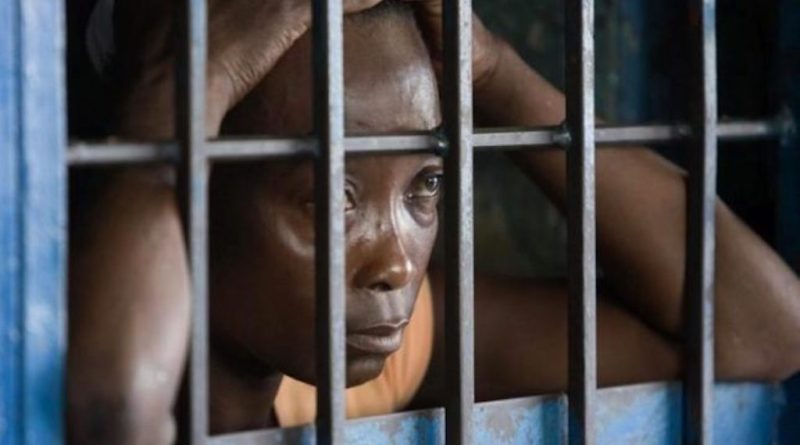NHRC, group call for moratorium on death penalty, gender-sensitive reforms
A criminal justice-focused civil society group, Hope Behind Bars Africa (HBBA), in partnership with the National Human Rights Commission (NHRC), has called for urgent gender-sensitive reforms and a moratorium on the death penalty in Nigeria, following the release of a study exposing systemic injustices faced by women on death row.
The NHRC disclosed this in a press statement on Monday.
The study, titled ‘Gender and the Death Penalty in Nigeria,’ was unveiled at a validation meeting in Abuja on Monday, supported by the World Coalition Against the Death Penalty and the French Development Agency (AFD).
It sheds light on the unique and often overlooked challenges confronting women sentenced to death under Nigeria’s statutory, customary, and Sharia legal systems.
Though women constitute a minority on death row, the research—based on surveys with 60 female inmates across 10 states and interviews with legal and civil society stakeholders—reveals a disturbing pattern of discrimination, poverty, and gender-based violence shaping their convictions.
Key findings
The study found, among other things, that 37 per cent of the women had experienced domestic or gender-based violence and 75 per cent were unaware of the laws under which they were charged.
Also, the study found that 70 per cent were mothers, leaving their children “in vulnerable or fragmented care, creating new layers of social and emotional trauma.”
It also revealed that over 85 per cent believed the legal system is inherently unfair to women and 57% per cent reported a lack of transparency during their trials.
The report also underscores how patriarchal norms and gender stereotypes influence investigations and sentencing, particularly in cases involving infidelity, spousal conflict, infertility, or perceived moral failings.
Despite these challenges, the majority of women expressed hope for rehabilitation, according to the study.
It added that more than 80 per cent supported restorative justice approaches—including vocational training, counselling, and community reintegration—over capital punishment.
Recommendations
Based on the study, the HBBA and the NHRC called for a declaration of “a moratorium on executions as a step toward abolition in line with global human rights standards”.
They also called for the integration of “gender-sensitive sentencing and evidentiary reforms into criminal justice processes; expanding access to legal aid and ensuring timely, transparent trials.”
Their other recommendations are: “Expanded access to legal aid and transparent judicial processes; Improved prison conditions for women, including reproductive and mental health care; Investment in rehabilitation and reintegration programmes; and Public education to challenge harmful cultural practices and promote legal literacy.”
Speaking at the event, HBBA Executive Director Funke Adeoye said “Women’s experiences on death row are not isolated criminal cases, but symptoms of systemic inequality and injustice.”
She emphasised that abolishing the death penalty and embracing restorative justice would affirm Nigeria’s commitment to human rights and the dignity of all citizens.
The report marks a critical step in the national conversation on justice reform and the protection of vulnerable populations within Nigeria’s legal system.
In 2024, CLEEN Foundation highlighted some of these issues faced by women in the criminal justice system. Almost a year later, the challenges persist, reflecting a need for urgent action and policy to dismantle these barriers.
According to the NHRC, the survey focused on 60 females on death row across 10 states. These women were mostly young, impoverished, and survivors of abuse, 75 per cent of whom were unaware of the laws “under which they were charged.”
Defence lawyers, civil society actors, and state lawyers were also interviewed. Findings showed that poverty, violence, and limited access to justice result in death sentences.

